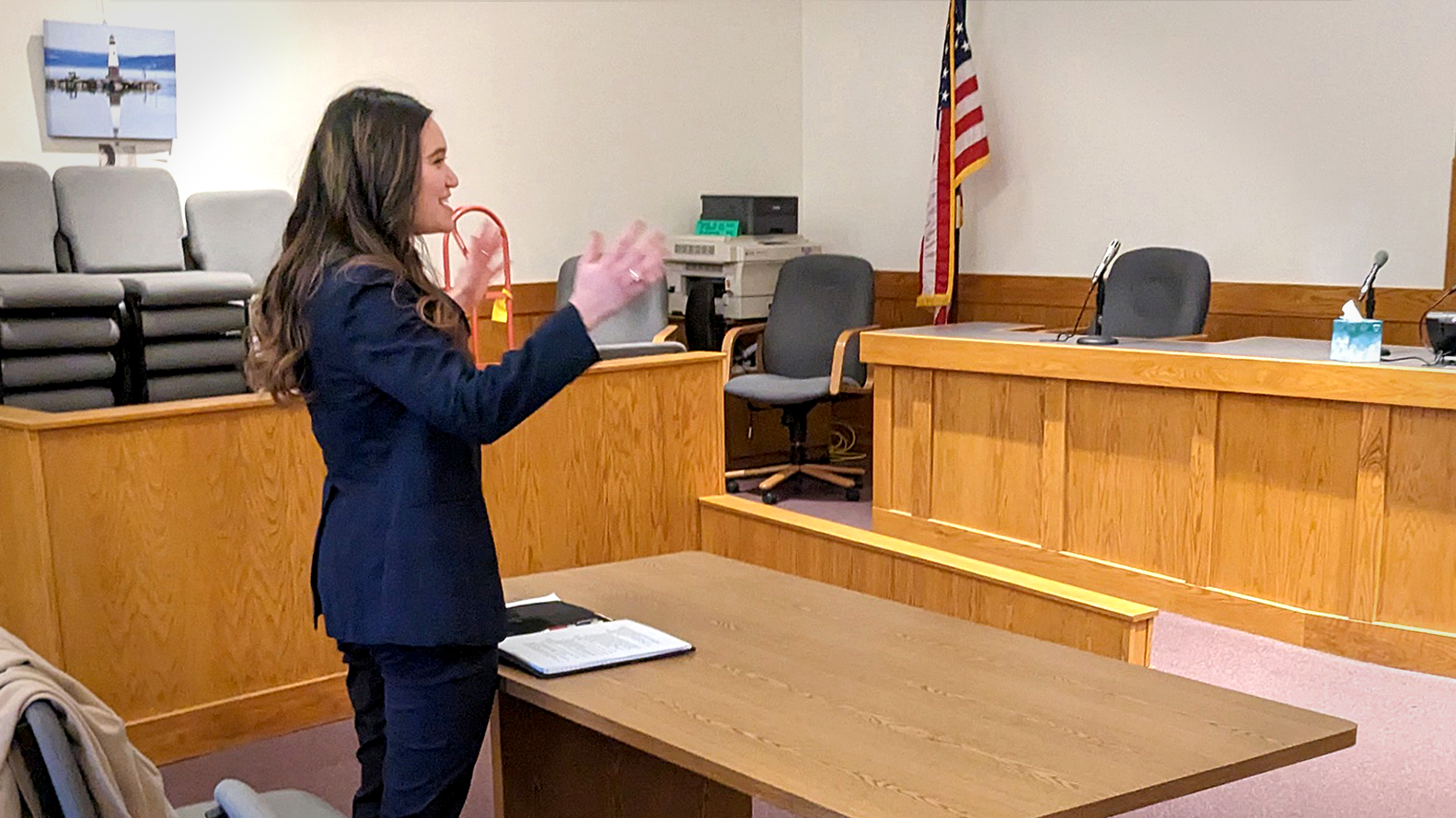This website uses cookies
We use cookies to ensure that we give you the best experience on our website. If you continue to use this site we will assume that you are happy with it.

Now in its fourth year, the Tenants Advocacy Practicum at Cornell Law School continues to expand its impact as it works to bridge the housing justice gap in Ithaca and the surrounding counties. The practicum recently achieved a new milestone by recovering more than $100,000 for local tenants over the course of a year for the first time. Most of the cases involved rent abatement (i.e., reduction) for substandard living conditions, illegally collected rent advances, and improperly withheld security deposits.
In the fall, the practicum also obtained an important local precedent, published in Lexis+, which clearly confirmed the protections of the New York State Emergency Rental Assistance Program (ERAP) for tenants facing eviction following an attempted termination of their lease (a so-called holdover eviction). In addition to providing payment for up to fifteen months of rent arrears, for tenants in need, the ERAP law also calls for an automatic stay—that is, a hold on the eviction—while the tenant’s application for assistance is pending. The law includes only some very narrow exceptions to the automatic stay.
Despite the plain language of the law, a few lower court decisions in New York City had held that the ERAP stay should not apply to holdover eviction cases, arguing that ERAP was intended to prevent only nonpayment evictions. However, in October 2022, in Rosetree Properties, LLC v. Headlam (the practicum represented Ms. Headlam), the Ithaca City Court ruled that the ERAP stay protects tenants facing holdover eviction as well, discouraging Ithaca landlords from attempting to push an eviction forward while the tenant’s ERAP application is under review. This ruling has already benefited tenants in other upstate jurisdictions because it is the first of its kind to be published in this part of Upstate New York. Thus, judges in other parts of New York state can look to this decision and understand that the intention of the ERAP law was to protect all tenants from housing instability during the pandemic and its fallout.
The practicum has continued to grow in size and influence since its inception in the midst of the pandemic in 2020. There are now more students than ever before—twenty-two law students and one undergraduate student—contributing to the practicum, and it has made its presence known in local courthouses, in negotiations with local housing attorneys, and in correspondence with local landlords and property managers.
“The $100,000 marker is an incomplete but tangible demonstration of the success that the practicum has achieved so far,” says William J. Niebel, who runs the practicum as the inaugural Tenants Advocacy Attorney.
Niebel had taught the practicum as an adjunct professor on a part-time basis since 2020 before transitioning into a full-time role last year. Since August 2022, he has been assisted by Tenants Advocacy Fellow Yusong Jin, L.L.M. ’22, who contributed to the practicum as a student attorney in the spring of 2022. In addition, the practicum will soon welcome a second Tenants Advocacy Attorney, allowing it to continue to grow and assist even more local tenants.